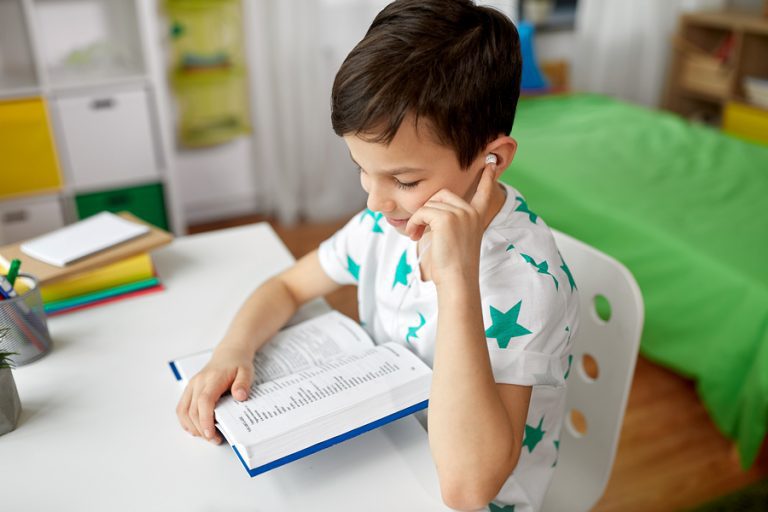
The most apparent use of a dictionary is to look up the meanings of words. To improve your learning experience, try to guess what the word means from context. For example, from the sentence, “He paddled down the river in a coracle,” you can assume that a coracle is probably a tiny boat.
Sometimes a word isn’t as easy to guess. In the novel Mansfield Park, for example, the characters look out over, and are constrained by, a “ha-ha.” From the context, a reader could gather only that a ha-ha forms some barrier. Turning to the dictionary, we find that a ha-ha is a sunken fence. With that knowledge, the passage now makes sense.
Dictionaries are also helpful for spelling. This seems odd at first. How can you look up a word if you don’t already know how to spell it? The dictionary allows you to check your guesses. For example, many spellers are confident that an eating establishment starts with the letters R-E-S-T but gets lost afterward. Starting by looking up R-E-S-T-A will quickly bring you to the proper spelling, R-E-S-T-A-U-R-A-N-T.
A dictionary also helps us avoid using the wrong homonym in a sentence. If a writer is unsure if the driver stops a car with breaks or brakes, looking up both words steers the user away from mistakes.
Another embarrassing error is mispronouncing a word. you can also use tools to generate words for games or other reasons, like the Random Picker Wheel, and then use the dictionary to check the terms.
Both desktop and online dictionaries have special symbols that explain how a word is pronounced. Online dictionaries often have the bonus of a sound file that enables you to hear the word pronounced correctly. Cache, for example, is often mispronounced as “ca-SHAY.” The proper pronunciation, you’ll learn, is “cash.”
Entries in the dictionary also tell us how nouns are correctly pluralized. A pair of desert plants, for example, are cacti, never cactuses. We are guided in verb tenses as well, such as when to use “hanged” versus “hung” as the past tense of “hang.”
Many dictionaries also teach us the histories of words, which is exciting and helps us understand why words are spelled and pronounced the way they are.
If we look up the word “buffet,” for example, we learn that when it’s pronounced “BUFF-et,” it comes from Middle English buff, meaning “hit.” When it’s pronounced “buff-FAY,” it comes from an obscure Old French word. As you study, you start to see patterns in how words from different origins are spelled and pronounced.